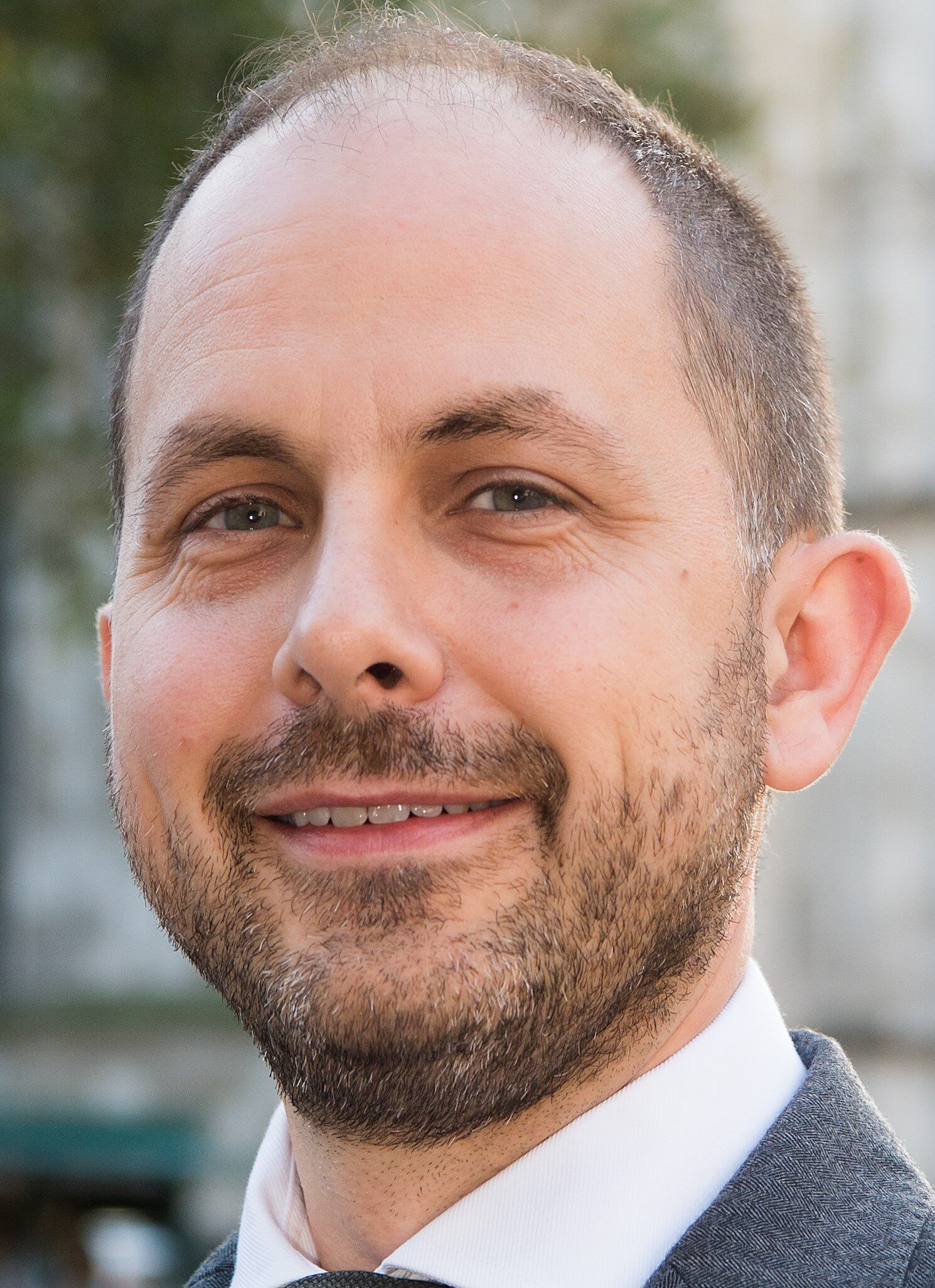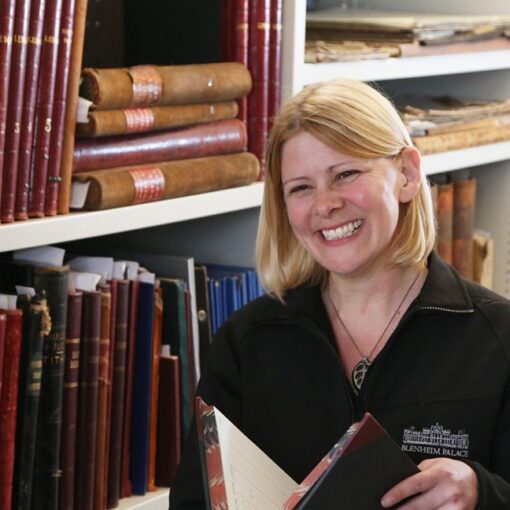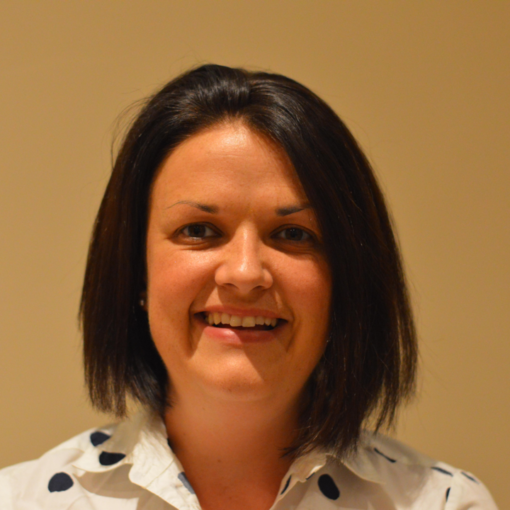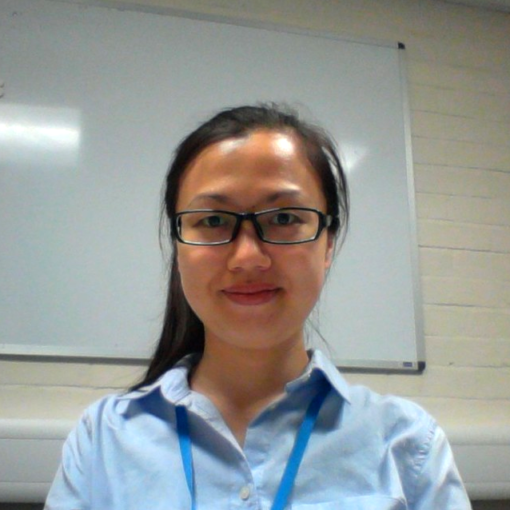PhD in Historical Geography, University of Nottingham (1998)
| Director General | |
|---|---|
| Historic Houses | |
Year entered into a non-academic position: 1998
Job highlight: Making the case for heritage
My research training set me up to…: Locate and analyse sometimes contradictory information from multiple sources, and condense it into a compelling narrative explaining how change happens.
Left academia after (please select one): PhD
What’s your background?
I went to university to study History, and then went on to complete a PhD.
Why did you move away from academia?
Although I would have liked to continue in academia, I heard about the Civil Service Fast Stream while on a careers training event during my PhD. I had never considered it before, and so put in a speculative application. It led to a ten-year career in the civil service, which was an education in itself.
Is there anything you miss about academia?
I miss having the space to read and reflect as much as I might like, though I imagine many academics do as well.
How did you get this job? Did you face any challenges when considering a move away from academia or applying for the role?
My first non-academic job was in the civil service, through the Fast Stream scheme. My pitch at the interview was to highlight the transferable skills that a PhD could bring to civil service work. I meant it, too.
What motivated you to/why did you choose the sector you transitioned into?
I knew I wanted to work in some way with history and heritage. My PhD was in the history of 18th and 19th century landed estates. I now represent some of the same estates through my role at Historic Houses.
Did you think you had the skills required for your current position before you started? Were you right?
Hopefully yes, on both counts.
How did your PhD prepare you for your current job? For example, what were the transferable skills that you developed during your PhD that are most relevant to your current job?
I think a PhD involves honing an ability to swoop from the macro to the micro and then back out again. You need to have a field of vision that recognises the significance of the particular detail that you may find yourself working on, and the breadth to see this in its proper perspective.
Did you have any preconceptions about your sector that proved to be wrong?
In my current role, I am struck continually by the enterprise and energy of the houses that I work with. They are not stuck in the past, but reshaping the future. For example, the Knepp Estate in West Sussex has embarked on a rewilding project that has involved the complete ending of farming on their land and the return of wild nature. Many properties are adopting sustainable energy generation techniques. Others are involved in the creative industries, for example by allowing their properties to be used in video game productions.
Can you describe a typical week in your job?
Most weeks I may often be involved in some sort of governance event – preparing for board or committee meetings, or following up actions from these. I might also meet with a politician, whether a minister or an MP, or indeed one of their officials, in the pursuit of a particular public policy cause, whether that is influencing the shape of future regulations regarding wedding ceremonies, or trying to change the way planning applications relating to listed buildings are considered.
What is the workplace culture like? Please include comments on work-life balance, flexibility, remote working?
We are a small team, and rely upon close relationships of trust and support. We have always had a reasonably flexible approach, meaning that members of staff are not tied to a desk for the sake of it, but able to ensure that their days are used effectively and in ways that do not lead to ‘burn out’. Having said that, the last 12 months has been like no other in my career, in that it has entirely reshaped the notion of work-life balance and remote working. It will be interesting to see how much has stuck in, say, five years’ time, and whether a hybridized model of working in the office combined with working from home becomes the norm.
Do people with a PhD frequently get hired in the company/sector?
Yes, it is quite often the case that people in the heritage sector have a PhD background.
What are your favourite parts of your job?
I very much enjoy getting to visit historic houses from time to time!
What are your reflections on your career path?
I would say that having some sort of long-term goal is quite useful, even if it pays to be flexible and adaptable in the choices you make to get there.
Do you have any advice for current graduate students and postdocs considering a career outside of academia?
Always think about what you can offer to others, and be prepared to market your skills and strengths accordingly.
What do you know now that you wish you’d known when exploring a transition?
That making a jump away from a university environment does not mean having to stop thinking and exploring. Quite the opposite in fact!
Can you recommend any relevant resources, organisations or events that might help somebody new to the sector find out more about it?
The annual Heritage Day event organised by The Heritage Alliance is a good place to meet people from the diverse heritage sector.
Historic Houses represents 1,500 independently owned homes and gardens across the UK. Our member properties receive up to 27 million visits a year, and play a huge role in the economic, cultural and social life of the nation. Our mission at Historic Houses is to promote the value of these places, and push for improvements in the policy and regulatory environment in which they operate. We are currently working with a DPhil student investigating the history of our organisation, as part of our plans for celebrating our 50th anniversary in 2023.
Our small London office does offer opportunities for volunteer work from time to time, and our member properties are sometimes able to do the same.





